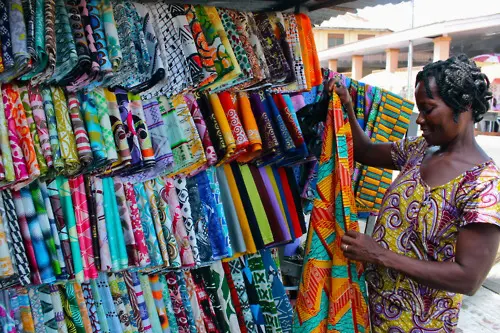Kenya – As part of the BIR’s ongoing efforts to persuade the East African Community (EAC) to review its directive to phase out imports of used textiles and footwear by 2019, the world recycling organisation’s president Ranjit Baxi and its textiles division president Mehdi Zerroug have visited Nairobi for a high-level meeting with trade advisors of the World Bank whose work in Kenya is aimed at accelerating sustainable growth, reducing inequality and managing resource scarcity.
Funded by BIR as well as by several other organisations and companies, the visit enabled BIR’s representatives to explain in detail the benefits of importing primary sorted mixed clothing and stressed the importance of building secondary sorting and ancillary industries such as the production of wipers and other usable products from non-wearable textiles. BIR recommended that the six member countries of the EAC – namely Burundi, Kenya, Rwanda, South Sudan, Tanzania and Uganda – should promote imports of mixed sorted clothing with a view to enhancing sustainable growth and increased employment, thereby supporting the many thousands of local people who depend on this sector for their employment.
To take the discussions forward, BIR points out, more research will be needed to quantify potential job creation and other economic, social and environmental opportunities that could accrue if the EAC were to lift its proposed ban and to pursue a programme to encourage the establishment of used clothing sorting and textile recycling businesses within the EAC.
‘In the interim,’ it adds, ‘BIR will be seeking accurate information from national associations on their country’s exports to EAC member states and to provide an informed overview of the potential scale of sorting that could take place in EAC member states.’
Don't hesitate to contact us to share your input and ideas. Subscribe to the magazine or (free) newsletter.



